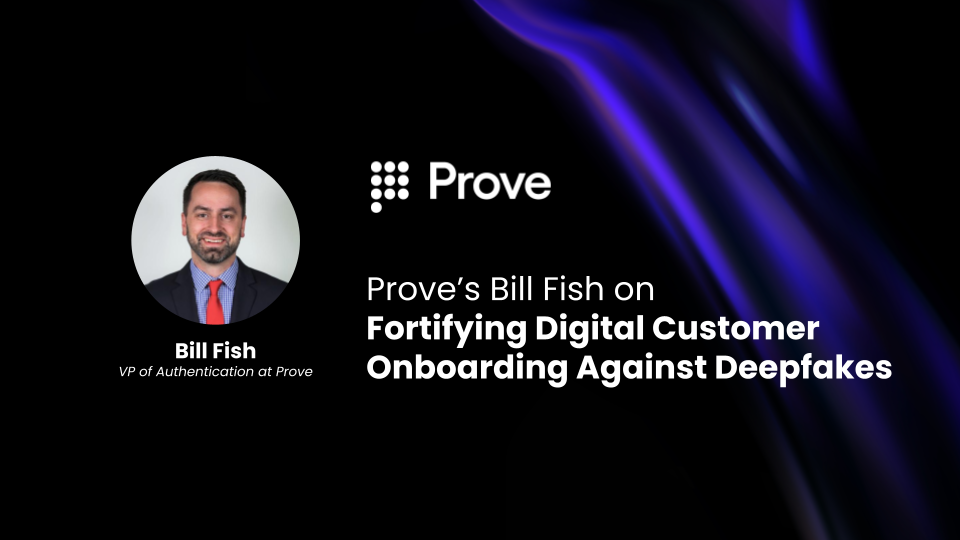Multi-Bank Platforms as a Unification Tool in the Financial Services Industry


While it is not hard to imagine banks and FinTech startups in a beautiful friendship, the task is a bit more complicated for bank-bank relationships. With startups, the purpose of relationships is quite evident because each party has something to bring and take. But when it comes to an equally powerful player, we are still at a place where banks are natural competitors looking to cut out a more significant piece of a customer base pie. However, like with bank-startup rivalry, the competitive mindset may not last long.
The concept of multi-bank platforms has been out there for some time now but never got too much attention. It is, however, an exciting opportunity now, when competition across markets intensifies so quickly that the pieces of a whole pie are becoming smaller and smaller. Outlining the hallmark of the traditional state of the financial services industry, Maritta Kallio of Nokia Corporation, Finland, shared back in 2009 that “existing bank solutions are one-bank solutions, and they are all different. Hence, it is challenging to consolidate any reports.”
The state of the industry hasn't really changed since then, and banks have entered the race to launch proprietary solutions across segments, creating a highly fragmented reality of financial services. Proprietary payments solutions, cryptocurrencies – the efforts are mostly put towards a solitary game (fortunately, it's a little different with blockchain; and there are joint ventures).
If the concept of multi-bank platforms is taken to the mainstream, it could mean that a weaker economic power of a particular institution would favor higher efficiency and collaborative ventures. While technology sheds barriers for startup expansion, international compliance and licensing can be costly and lengthy for financial institutions.
As Simon Streat, VP Strategy, Product & Marketing at Bolero International, recently shared his insights on the advantages that collaboration on the corporate level in the financial services industry may bring, pointing out existing challenges:
“The highest hurdle for most will be the rising costs and fees that often occur and the loss of central visibility and control over the thousands of instruments used due to mounting processes and proprietary systems. These problems are further amplified when trading internationally with many credit lines and thousands of guarantees open worldwide at any one time.
“Keeping them updated and managing them to avoid unnecessary bank fees, costs and duplication become extremely difficult in the absence of a consolidated overview provided by a single platform interfacing with all required banks.”
How would a multi-bank platform bring cost relief and efficiency?
Collaboration with a range of other financial institutions operating internationally can alleviate the complexity of multi-environmental operations for everyone. It is especially beneficial when financial institutions have different areas of expertise, whether in products, trading zones, or particular countries and home jurisdictions, which corporates need to make use of, as Mr. Streat emphasized.
In addition, when it comes to international trading and any sort of funds transaction, partnerships with a range of banks open up an opportunity to “negotiate the optimum terms and conditions for a transaction.” Moreover, as Mr. Streat suggests, “The involvement of several banks spreads the risk and reduces premiums when financing high-value transactions.”
Multi-bank collaborations connected through third-party platforms could outsource the whole security firewall, cutting the costs of each bank on maintaining proprietary security IT and protecting the entrance to a personal account.
Third-party platforms with integrated RegTech solutions could also unload the burden of multi-jurisdiction adjustments for international financial services, which can also cut the costs of the bank with regard to the legal department.
Finally, as Mr. Streat added, “Full or even partial integration with back-office systems, seamless communication with panel banks, and an effective system of alerts all make the single multi-bank platform the future for hard-pressed treasuries toiling to improve cash-flow management and the efficient deployment of working capital.”
There are certainly more segment-specific positive implications of multi-bank platform ventures, which – over time – will prove to be worthy of investments towards their development.
The latest initiatives with multi-bank platforms
Multi-bank solutions have been developed in the supply chain financing segment to give buying organizations the control and flexibility required to unlock more cash from their supply chains.
Among the most recent ventures with multi-bank solutions is a multi-bank facility for distributors to register clients on the exchange's mutual fund platform launched by Asia's oldest stock exchange, BSE. According to the press release, the exchange would introduce the multi-bank facility in UCC (Unique Client Code) registration for non-demat transactions. This facility allows mutual fund distributors to register up to five different bank accounts for their respective clients.
Just this Wednesday, Argentinean ATM network provider Red Link has launched the country’s first multi-bank electronic payment app, called Vale, allowing customers of 32 banks to make immediate P2P transfers using their Android devices.
To learn about Prove’s identity solutions and how to accelerate revenue while mitigating fraud, schedule a demo today.

Keep reading

Prove’s solutions can help businesses make their online customer experiences faster, easier and more secure.

While the rise of deepfake technology is not totally new, its level of sophistication presents new challenges for businesses seeking to deliver frictionless digital onboarding experiences to their customers.

Prove and BetMGM, the sports betting and iGaming leader, have entered into a partnership which will elevate the security standards and user experience for BetMGM customers through the Prove Pre-Fill® identity solution.












